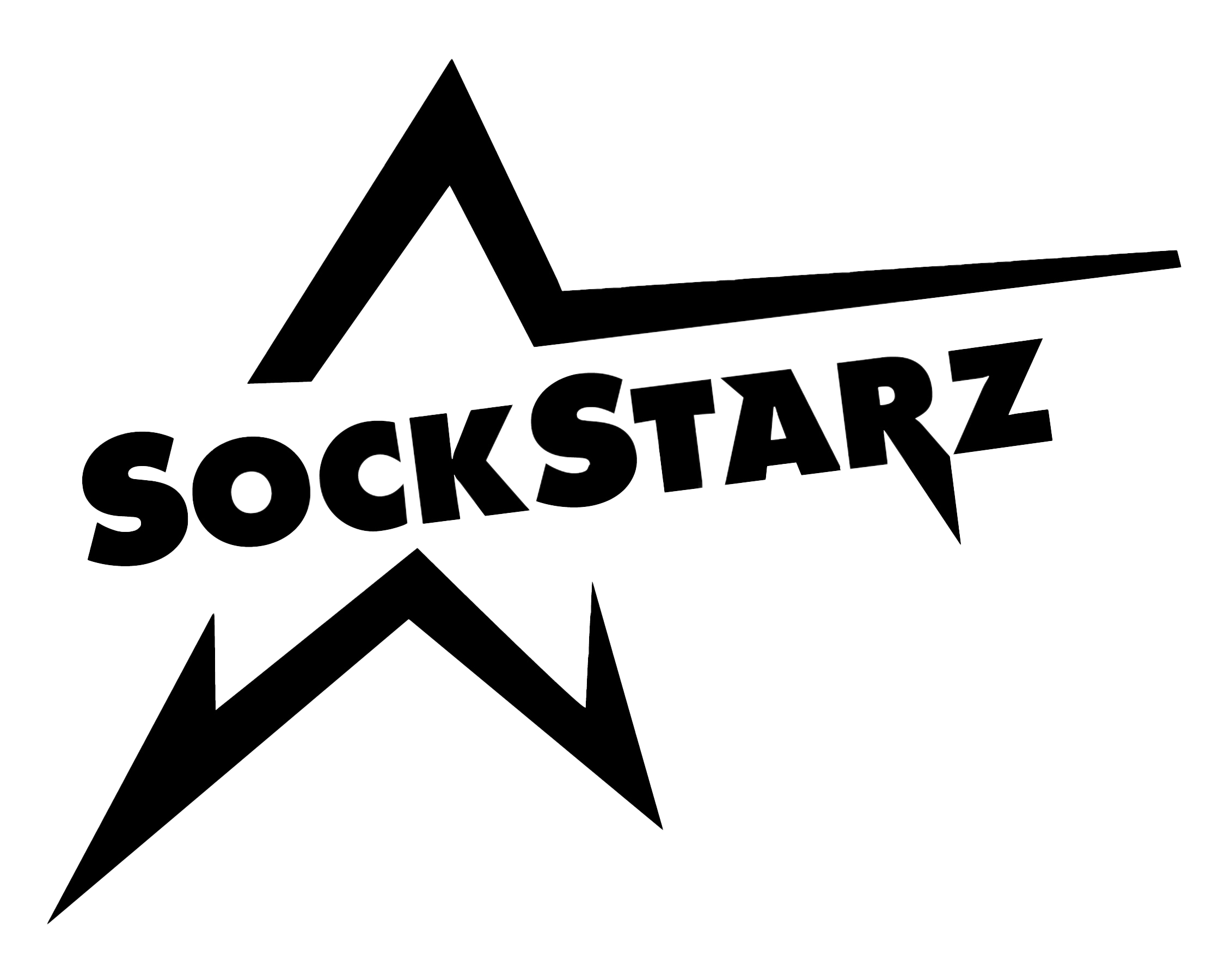Original article by Joe Cooper of Hartfordbusiness.com

PHOTO | CONTRIBUTED
Hartford nonprofit Harc Inc. this month began selling luxury and novelty socks at its new subsidiary for-profit retail store SockStarz in West Hartford Center. The business is one of many for-profits sprouting across the state as nonprofits look for new revenue streams. Picture are Harc Inc. CEO Andrea Barton Reeves, left, and SockStarz employee Jordan Andrieni.
Hartford nonprofit Harc Inc. is looking for an economic lifeline amid turbulent times for charitable giving.
After all, the Asylum Avenue-based nonprofit, which supports more than 400 people with intellectual disabilities, and other Connecticut charities understand that philanthropic giving in the state, and elsewhere, has declined or been flat in recent years.
So Harc has responded by launching its first for-profit enterprise: SockStarz LLC, which sells luxury and novelty socks out of a recently opened brick-and-mortar retail store in West Hartford Center, where it expects to generate $20,000 or more in annual revenue.
“We don’t expect this to generate hundreds of thousands of dollars, but the idea is to add to our bottom line and to create some revenue diversity,” Harc CEO Andrea Barton Reeves said of the for-profit venture, which is commonly referred to as a “social enterprise” in the nonprofit sector.
While SockStarz marks a historic shift in Harc’s operating strategy, the idea isn’t entirely unique.
Harc is part of a growing number of Connecticut nonprofits dedicating staff and resources to for-profit ventures to create new and reliable revenue streams, according to industry experts.
Nationally, organizations including Goodwill and the Girl Scouts of the USA have honed this strategy for years, collectively generating billions of dollars in annual revenue by selling second-hand retail items and cookies, respectively.
The trend, which has gained momentum nationwide over the last decade, is important for nonprofits to consider as charitable giving in the state declined by almost 1 percent to $4.97 billion in 2016, the most recent year recorded by the Connecticut Council for Philanthropy.
Increased competition for individual and corporate contributions and federal and state grants, as well as new federal tax laws that make fewer people eligible to claim a deduction for charitable giving, have impacted philanthropy, experts say.
Industry experts agree that for-profit ventures or social enterprises — defined as organizations that use commercial strategies to improve their mission and financial well-being — offer promise to nonprofits pushing away from traditional funding models, which are far less reliable today compared to decades ago.
But they also say nonprofits chartering revenue-generating businesses open themselves up to new challenges, such as annual audits and various tax liabilities.
“It’s an early trend, but it’s worth it if the economic forces behind it make sense if you have a real business plan and a real budget,” said John Horak, director of Farmington-based TANGO Nonprofit Education and Consulting. “It’s a positive trend to be encouraged, but it needs to be watched.”

Fostering a Startup Culture
Harc for at least five years had been developing ideas for its first social enterprise as a way to create new employment opportunities for the people it serves and establish a new revenue stream.
But it wasn’t able to build out its vision until the Hartford Foundation for Public Giving debuted last October an accelerator program to help nonprofits spur their social-enterprise ambitions.
Harc, which recorded $15.8 million in revenue in fiscal 2017, was one of 38 local nonprofits that completed a series of four workshops from October to January, led by program sponsor No Margin, No Mission, a national consulting firm dedicated to helping nonprofits or foundations increase their earned income and entrepreneurial capacity.
Nearly 200 people, from area nonprofits including Chrysalis Center Inc., Community Child Guidance Clinic, CRIS Radio, Hartford Public Library and Riverfront Recapture, attended the initial sessions to learn about the fundamentals of earned-income ventures, potential sales ideas and other planning and forecasting strategies.
Harc is also among 10 of 32 organizations — known as the “Tenacious Ten” — that won additional business-plan development and fundraising coaching from No Margin, No Mission.
The Hartford Foundation also offered matching gifts of up to $40,000 for each of the 10 organizations, which presented their business plans this summer to current and potential donors at a “fast-pitch” event mirroring ABC’s “Shark Tank” TV show.
While nearly all 10 organizations have since raised the $40,000 threshold, their business ideas vary greatly. For example, Chrysalis is expanding and growing its culinary-arts training program and catering ventures; CRIS Radio is expanding its affordable audio service for indoor and outdoor venues; and the Hartford Public Library is launching a digital library lab that provides digital archiving and photography service for businesses, nonprofits, government agencies, and schools, among other potential users.
Mike Oxman, co-founder and managing partner of No Margin, No Mission, said his firm has provided similar accelerator programs across the U.S., but few have been as engaged as Greater Hartford’s nonprofit sector.
“I feel like this program is beloved in your community,” said Oxman, who credited the Hartford Foundation with thoroughly vetting nonprofits before inviting them to the first workshops. “It’s fun to see how these nonprofits have run with it, and how they are seeing early wins through their organizations.”
The Hartford Foundation’s accelerator was birthed out of the organization’s 20-year-old nonprofit support program, which makes investments in nonprofits in Hartford and 29 surrounding communities to support their capacity-building efforts through training and technical assistance.
Melanie Tavares, director of the support program, said the accelerator gives participants an opportunity to reassess their resources through a different lens, and to learn the language of capital raising that the business community can recognize.
“The organizations actually figure out there are a lot of benefits to take another look at what they are good at and where their expertise lies, and where there are opportunities,” Tavares said. “As revenues get tighter and tougher to access, more and more are interested in finding new ways to diversify.”


